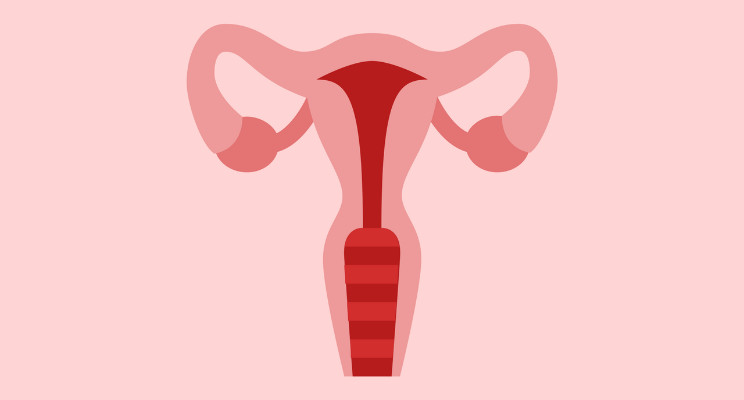-
01689 851143
- info@village-physio.co.uk

The menopause is not a disease or illness but a natural stage in a woman’s life when she stops having menstrual periods. This happens when the ovaries no longer release an egg each month and production of the hormone oestrogen declines. This usually occurs between the ages of 45-55 but can be earlier either naturally or after surgery to remove the ovaries or with certain treatments.
The perimenopause or menopausal transition refers to period before the menopause. It may be when you first start to experience menopausal symptoms due to hormone changes but are still having periods. For some women the perimenopause may only a few months but for others it can be several years.
Structures within the pelvic area for example, the vagina, vulva, urethra, bladder and pelvic floor muscle are all responsive to changes in oestrogen levels. As a result, as oestrogen levels drop the following changes can occur;
Each woman’s experience of the menopause is different. As hormone production by the ovaries start to fall most women do experience some kind of symptoms, although the type and extent of these can vary widely. The falling levels of oestrogen can lead to a group of genital and urinary symptoms that are called genitourinary syndrome of the menopause or GSM. Some of the symptoms of GSM you may notice include;
A pelvic health physiotherapist has specialist training, so they are able to treat women with pelvic floor dysfunction associated with the menopause.
Whether you’re seeking relief from chronic pain, looking to improve your pelvic floor strength, or need support during pregnancy and postpartum recovery, we’re here to help.
info@village-physio.co.uk
01689 851143
6 Cleave Avenue, Farnborough, Kent, BR6 7HB
We’re sorry, but we are not accepting appointments at the moment as we’re in the process of recruiting a new Women’s Health Physiotherapist.
If you’re a qualified physio and interested in joining our team, please get in touch at info@village-physio.co.uk.
Apologies for any inconvenience, and thank you for your understanding.